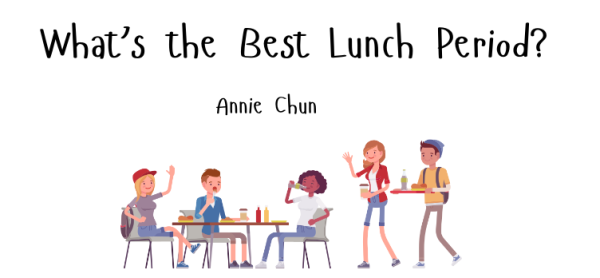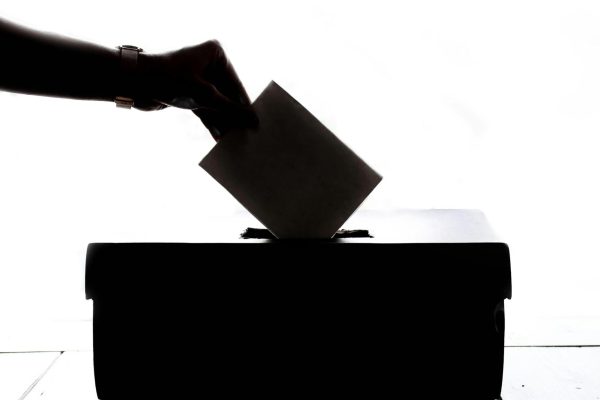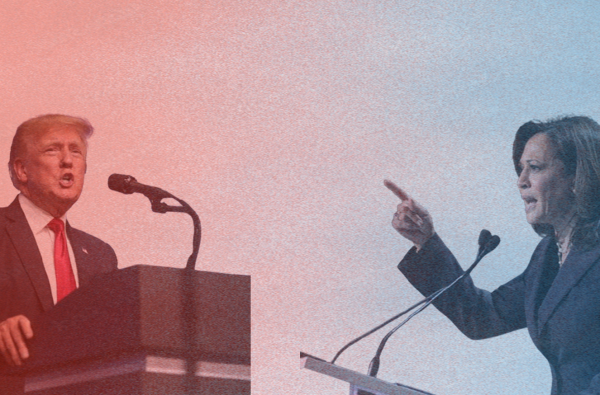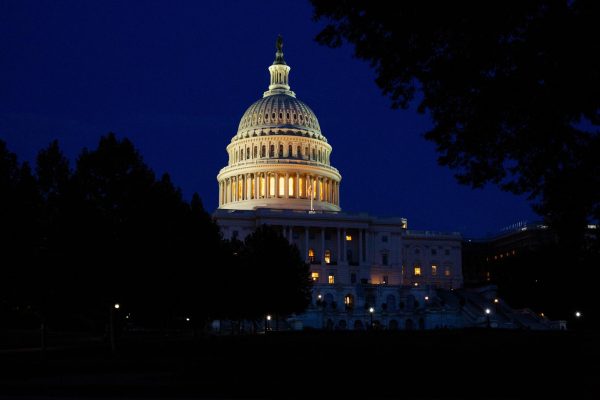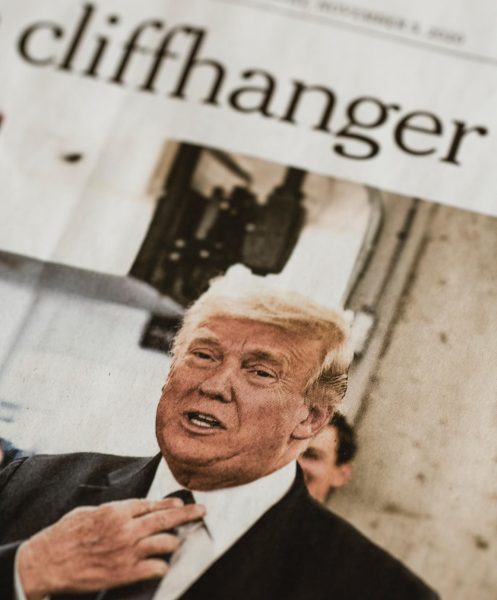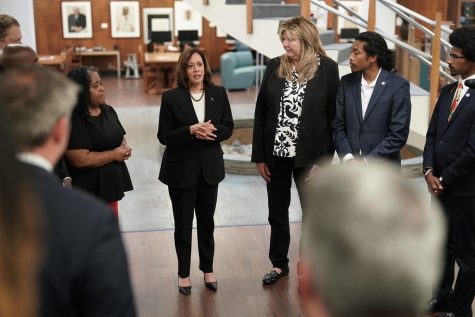The Lost Generation: Remembering 9/11 in the Face of Islamophobia
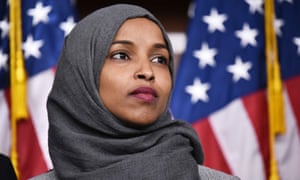
Of the people that will likely read this article, none were old enough to remember 9/11. None of us fully understand the terror that struck the hearts of Americans when the towers fell or when the streets filled with rubble and dust. We weren’t alive to mourn the thousands that lost their lives. We are the generation for which the attacks are a ghost of humanity’s worst: heard but never seen.
For young people, remembering the attacks is more necessary than ever. But, preserving that memory doesn’t just entail including the Americans that lost their lives, it requires us to look at their after effects. In remembering 9/11, it’s essential that we also remember the ways that Muslim Americans were explicitly and implicitly targetted by a populus determined to align them with an enemy that was theirs too. They, perhaps more than any other religious group, understand the effects of 9/11 most intimately.
I remember sitting in AP US History on 9/11, as we do annually, discussing the impact of terrorism. Many of us shared stories rooted in pain, of family members or friends that tragically lost their lives in the towers. For us, the impacts of that day are written in blood. The discussion proceeded with a similar rhythm for a few minutes, each of us discussing who we knew and our parents’ stories of intense fear and loss. Then my friend raised her hand.
After the attacks, her family moved back home, away from the United States, following a series of violent verbal and physical attacks. Her mother was tackled and nearly drowned in a lake close to their home after a man noticed her hijab. Her father faced bigotted slews in the workplace and streets that were previously his second home. The country that was once their own, a nation built by immigrants, seemed to no longer be theirs too.
To assert that Muslim Americans were not affected by the attacks, much less that they sympathized with terrorist organizations or view them with anything short of the seriousness that they deserve, is rooted in the same rhetoric that popularized islamophobic attacks.
This is one, of many, reasons why the President’s recent incitement of violence against Ilhan Omar is deeply concerning. Years ago, when speaking about the after-effects of 9/11 on American Muslims, Omar said “some people did some things” in referencing the attacks. She has since clarified that she was attempting to convey that ISIS and similar terrorist organizations do not encapsulate Muslim beliefs or followers. Following the statement, the President released an online statement in which he paired Omar’s comments with grotesque footage of the towers falling. The video ends with the phrase ‘We Will Never Forget.”
The tweet was almost immediately met with intense criticism from Democratic politicians. Many continue to believe that the comments incite violence against the Muslim politician, who has since confirmed that she has received an increased number of threats on her life.
Months ago, the President signed an $18 billion arms deal with Saudi Arabia, a country that has since been proved to have a role in the attacks. Similarly, hosts of journalists and even US intelligence agencies have proven that Saudi arms end up in the hands of the very terrorists that the President claims to stand in starch opposition to.
Denouncing terrorism and all of its effects is the responsibility of every citizen, from people in my generation to those in the White House. Doing so only when it comes at the cost of the physical safety of Muslim Americans, however, utilizes the same logic that targetted them following the attacks. In remembering 9/11, it is essential that we remember all of the people affected by the day, including those that were and continue to be targeted to no fault of their own.



